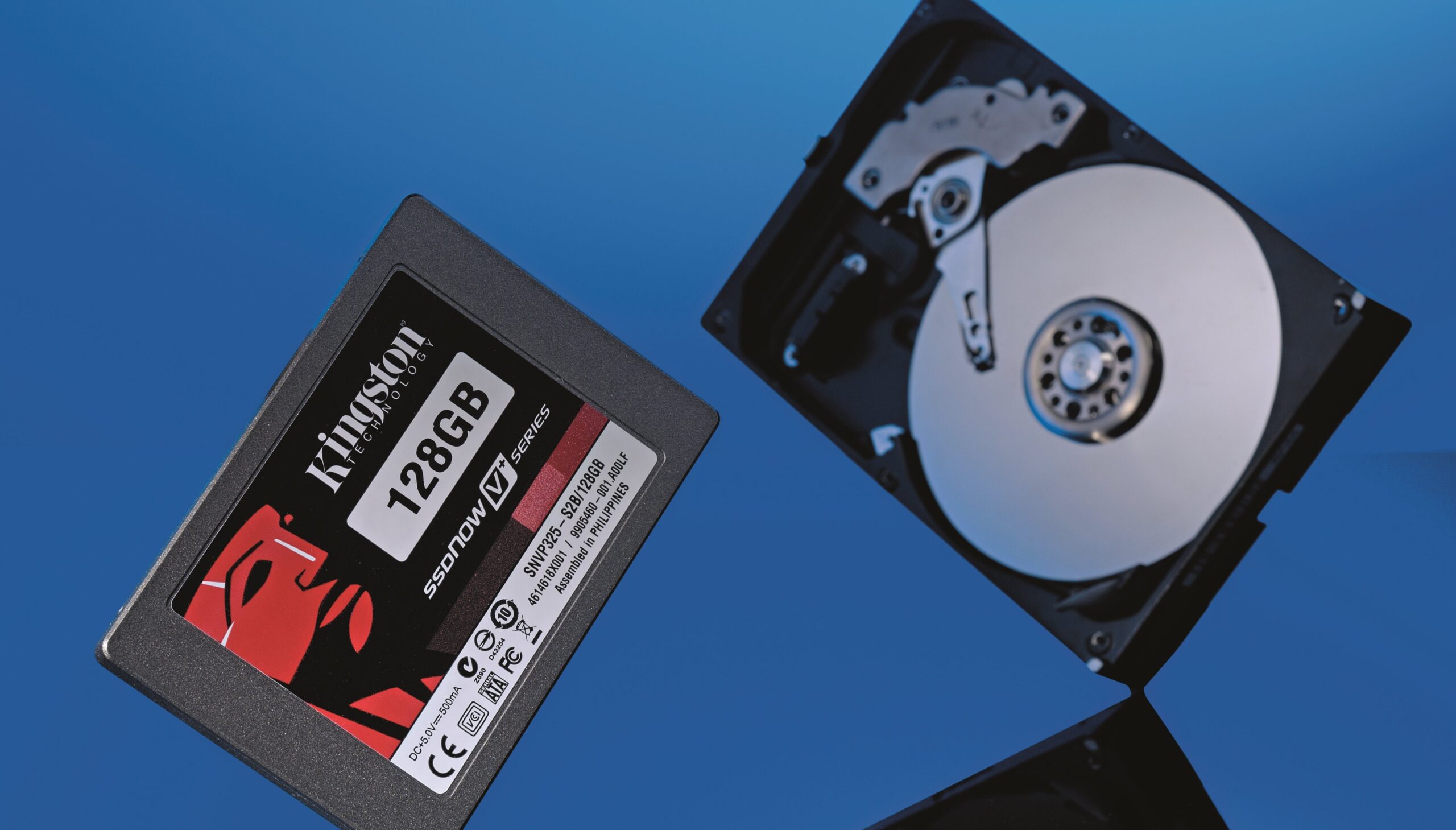
Our previous article pointed out the differences between SSD and HDD to help buyers decide which better memory storage option is for their needs. But for today’s article, we’re focusing on SSDs and why they are a better choice than HDDs.
Based on the infographic in our previous article comparing the two memory storage devices, one can clearly see that SSDs have better attributes than HDDs. Let us further prove why SSDs are the excellent choice for your gaming PC build.
What is an SSD?
SSD stands for solid-state drive and is designed to replace the traditional hard disk drive. It uses solid-state flash memory to store data and perform all the basic functions of a hard drive. However, they are significantly faster and can boot up your operating system faster.
An SSD works by reading and writing data to underlying interconnected flash memory chips that are made of silicon. These chips are built using floating gate transistors to hold an electrical charge and allow SSD to store data even without a power supply.
Each of the floating gate transistors contains a single bit of data and is designed with either a charged cell (1) or an uncharged cell (0). And every block of data in an SSD is accessible at a consistent speed.
Why is SSD Better than HDD?
Here are five reasons why SSD are better than HDDs when building your gaming PC:
1 – Faster Access Speed
SSDs deliver data a hundred times faster than HDDs. They offer shorter boot times for your PC, enabling faster data transfer and higher bandwidth. To better compare, SSD has an access speed of between 35 to 100 microseconds. HDD, on the other hand, takes about 5,000 to 10,000 microseconds to access data. This makes the SSD a hundred times faster than the HDD.
With faster speeds, SSD can handle data at ultra speeds which are needed in today’s AAA titles and demanding applications.
2 – Memory Storage Reliability
HDDs are built to work with moving parts and magnetic platters to store information. But due to this matter, they are faster to wear down and fail. SSDs are built with no moving parts. Instead, they use flash memory to read-and-write data, which delivers better performance and reliability over HDD.
Heat can be another cause of failure in HDD. Due to the continual motion of its moving parts and its need for a power supply, they generate more heat. On the one hand, SSDs have no moving parts and can maintain a lower temperature with high performance.
3 – Power and Efficiency
SSD has no moving parts and requires less power to operate and store data than HDD and their magnetic spinning disk. SSD is then more energy-efficient than HDD.
Unlike HDD, SSD is easier to install and requires less space in your PC case. A roomy case encourages airflow, vital for people who use gaming PCs for long hours.
4 – Longer Lifespan
Regarding the device lifespan, HDDs have a 25% shorter lifespan than SSDs because of their moving parts. Using an HDD in your PC build can get you an average of 1.5 million hours before it shows signs of failure.
Another reason why SSD is a better choice than HDD is because they are built to absorb more G-force than HDDs. This simply means that the SSD is built to handle drops, shakes, shocks, and everyday wear and tear without you having to worry about data loss. HDDs can easily break with a fall.
Another attribute that makes SSD a better choice than HDD is that magnetism does not affect them. Any data it stores in its flash memory will not be erased by a strong magnet. HDD, on the other hand, is built to rely on magnetism to write data to its platter.
5 – Physical Size, Less Weight, and No Noise
HDDs are limited by their large sizes. They usually range between 2.5” and 3.5” for desktops and laptops, with no options for anything smaller. On the other hand, SSDs are available in various sizes, including 1.0,” 1.8,” and 2.5,” saving lots of space in your PC case.
SSDs and their small sizes mean they weigh less than their larger HDD counterparts with their metallic disks and magnetic heads. Their compact design makes them the better option for smaller electronic devices. Plus, the absence of any moving parts in SSDs, allows them to run infinitely quieter than HDDs which noise and vibrations can be very distracting to its users.